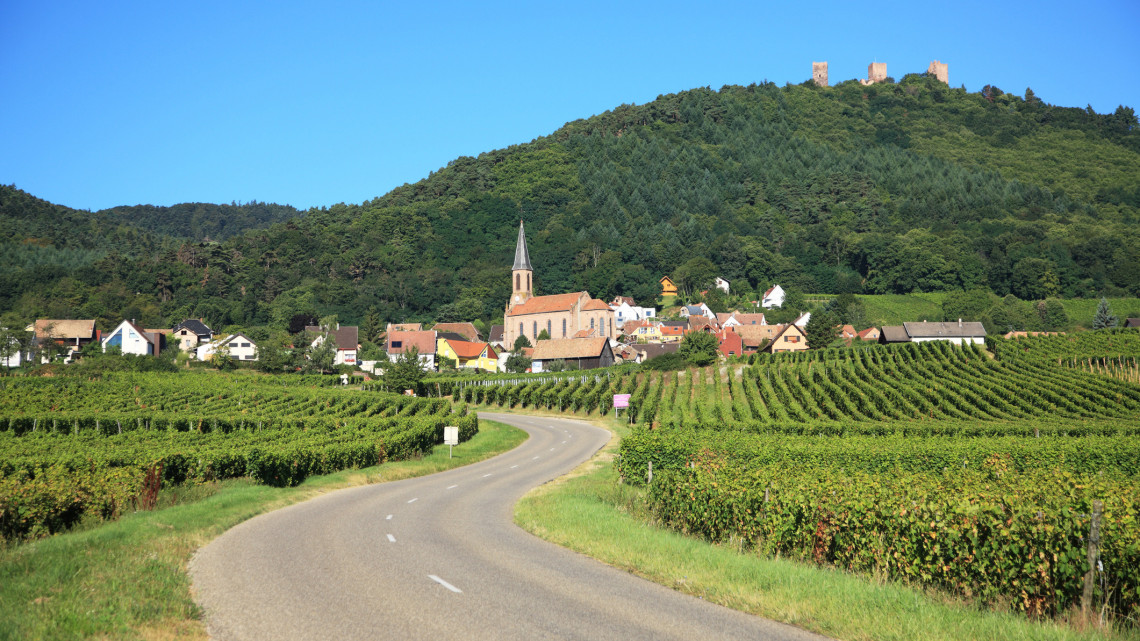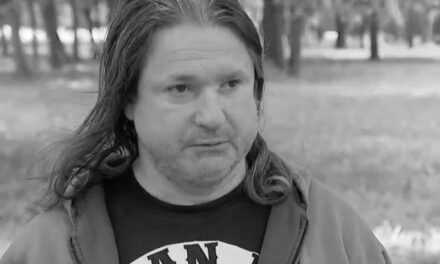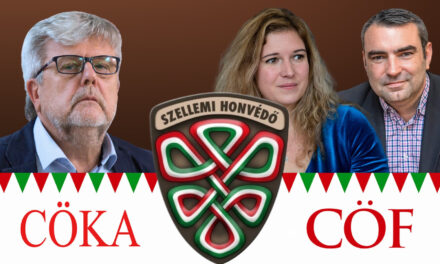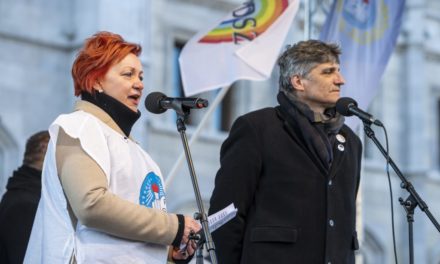The Hungarian village program is successful and worth continuing, said Alpár Gyopáros, the government commissioner responsible for the development of modern settlements at the Prime Minister's Office, on Saturday in Rábaszentmiklós, Győr-Moson-Sopron county, at the handover of the streets renovated as part of the program.
The government commissioner emphasized that the most important goal of the program since the beginning is to stop the drastic population decline of the villages.
He said: Rábaszentmiklós, located along the Rá and Marcal rivers, was also characterized by population decline, which resulted not only from the rate of deaths, but also from the fact that young people did not stay in place.
While 145 people lived in the village twenty years ago, in 2010 there were only 120. The rate of decrease
"it was quite seriously influenced by the village-destroying activities of the Gyurcsány and Bajnai governments"
- He told.
As part of the Hungarian village program, HUF 122 million in development was implemented in the settlement over the past four years, thanks to which the population has now reached 145 again, which ensures the village's survival, he said.
Alpár Gyopáros highlighted that as part of the program, together with this year's call for tenders, about 80 billion forints were spent on road improvements in small settlements specifically owned and maintained by local governments, as well as the renovation of sidewalks, ditches and bicycle paths.
Since the start of the Hungarian village program, roads have been renewed in around two thousand settlements from this tender source
- He told.
He added that such a tender was announced this year as well, the submission deadline was July 14, and the results will be announced in late summer or early fall.
The government commissioner said that, according to their hope, they will be able to support road improvements with a similar intensity as in recent years. He noted that in addition to the renovation of the roads owned by the local government, which are typically inland, there is also a state side road renovation program, as part of which roads connecting settlements in the outskirts are being developed.
In this program element, the length of roads renovated in the last four years exceeds four thousand kilometers this year.
Németh Szabolcs, the mayor of Rábaszentmiklós, said that as part of the Hungarian village program, Fő utca and Béke utca were renewed with a cost of nearly forty million forints, while the two-hundred-meter sidewalk section of Petőfi utca cost ten million forints.
MTI
Featured image: MTI/H. Sándor Szabo












